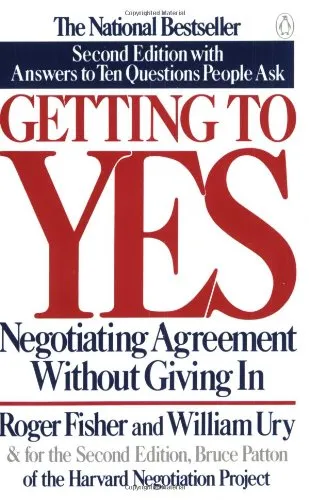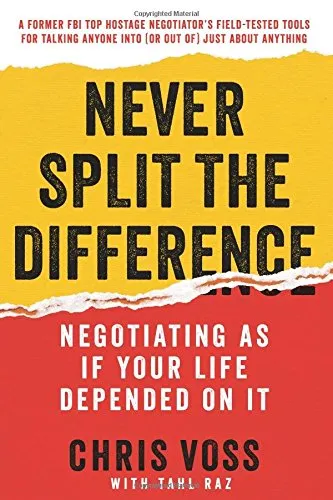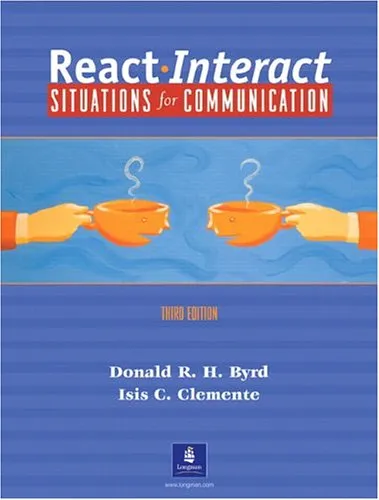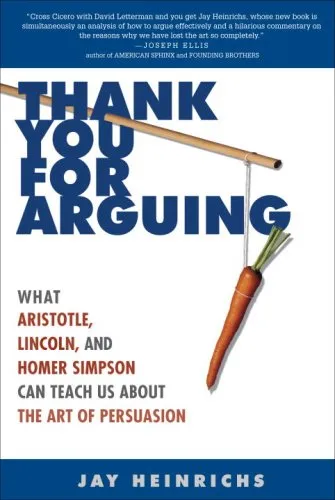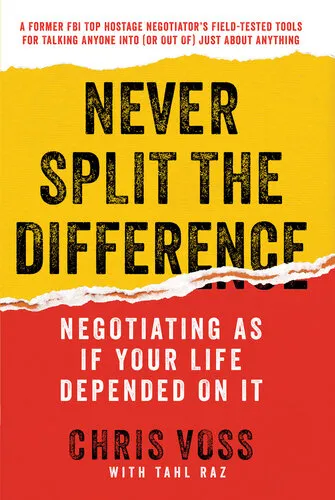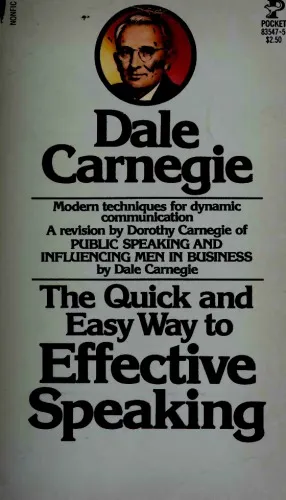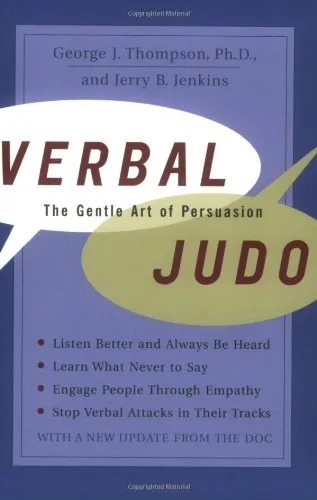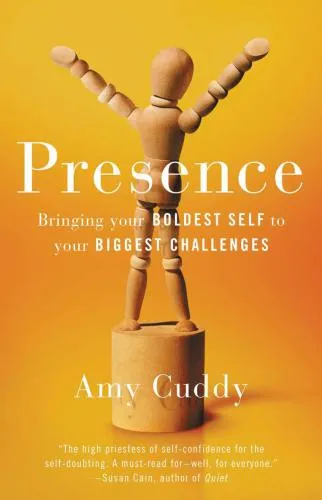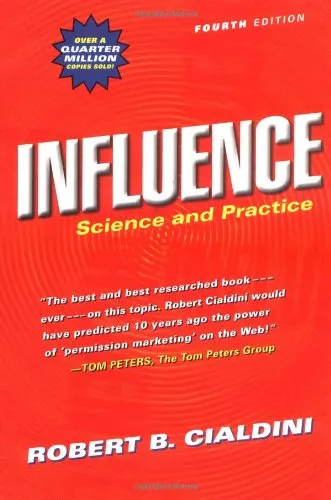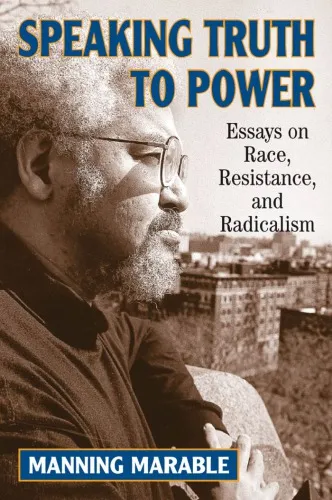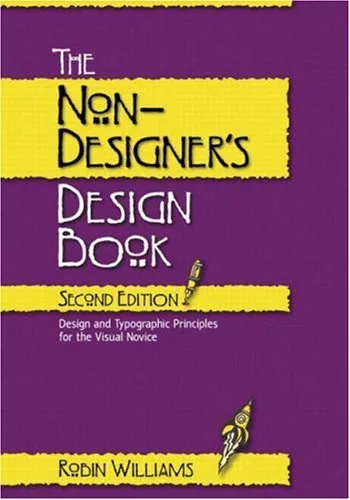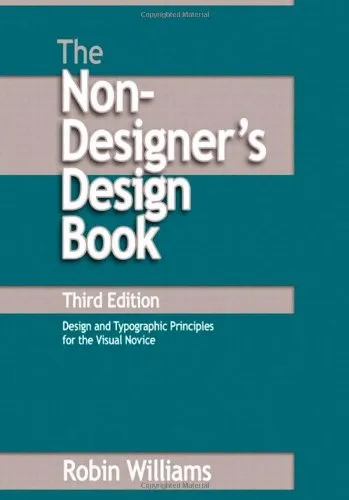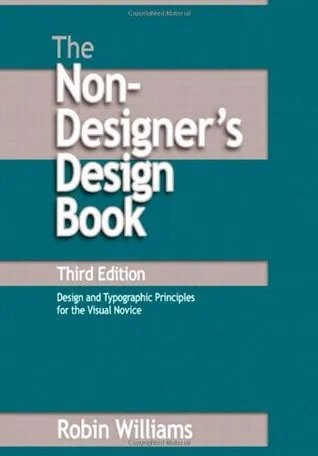Getting to Yes: Negotiating Agreement Without Giving In
4.7
Reviews from our users

You Can Ask your questions from this book's AI after Login
Each download or ask from book AI costs 2 points. To earn more free points, please visit the Points Guide Page and complete some valuable actions.Related Refrences:
Introduction to "Getting to Yes: Negotiating Agreement Without Giving In"
Negotiation is an integral part of both personal and professional life. "Getting to Yes: Negotiating Agreement Without Giving In," authored by Roger Fisher and William L. Ury, is a seminal work that presents a principled approach to negotiation, a method that offers mutual gain while avoiding the pitfalls of conflict and stalemate.
Detailed Summary of the Book
At the core of "Getting to Yes" is the notion of "principled negotiation," which is both a method and a philosophy. Unlike traditional negotiation strategies that often focus on positional bargaining—where parties lock into rigid stances—principled negotiation seeks to address the interests underlying those positions. The authors outline four fundamental principles to achieve effective negotiation outcomes:
- Separate the People from the Problem: Human emotions and egos often complicate negotiations. By distinguishing personal relationships from substantive issues, parties can address the problem effectively without jeopardizing interpersonal relations.
- Focus on Interests, Not Positions: Positions are surface-level stances, whereas interests represent the underlying motivations. By concentrating on interests, negotiators can uncover common ground and explore creative solutions.
- Invent Options for Mutual Gain: Instead of seeing negotiation as a zero-sum game, the authors encourage the exploration of win-win situations where all parties benefit. Brainstorming multiple solutions can lead to innovative outcomes that satisfy various interests.
- Insist on Using Objective Criteria: Decisions should be based on fair standards, independent of biased wills. Objective criteria provide a common framework for evaluating options, fostering fairness and impartiality in decisions.
Key Takeaways
The significance of "Getting to Yes" lies in its practical approach to negotiation. Here are some key takeaways:
- Understanding interests rather than positions can transform adversarial negotiations into cooperative problem-solving.
- Effective negotiators are those who can identify common purposes and craft outcomes that satisfy all parties involved.
- Emotional intelligence plays a critical role in negotiations, as it helps in managing relationships and overcoming psychological barriers.
- Maintaining a principled stance requires preparation and investment in understanding objective criteria as guidelines for fair solutions.
Famous Quotes from the Book
"Getting to Yes" is rich with insightful perspectives. Here are a few memorable quotes:
"The method of principled negotiation is hard on merits, soft on people."
"Your position is something you have decided upon. Your interests are what caused you to so decide."
"The ability to see the situation as the other side sees it, as difficult as it may be, is one of the most important skills a negotiator can possess."
Why This Book Matters
"Getting to Yes" has endured as a classic in negotiation literature for its accessible, practical guidance and universal applicability. It equips readers with a strategic framework that can be applied to negotiations of any scale, from resolving family disputes to high-stakes business deals. The book’s emphasis on collaboration, respect, and shared interest marks a departure from adversarial negotiating practices, promoting peace and cooperation in various contexts. For anyone looking to improve their negotiation skills, "Getting to Yes" offers timeless wisdom that is both transformative and empowering.
Free Direct Download
You Can Download this book after Login
Accessing books through legal platforms and public libraries not only supports the rights of authors and publishers but also contributes to the sustainability of reading culture. Before downloading, please take a moment to consider these options.
Find this book on other platforms:
WorldCat helps you find books in libraries worldwide.
See ratings, reviews, and discussions on Goodreads.
Find and buy rare or used books on AbeBooks.
1476
بازدید4.7
امتیاز0
نظر98%
رضایتReviews:
4.7
Based on 0 users review
Questions & Answers
Ask questions about this book or help others by answering
No questions yet. Be the first to ask!
